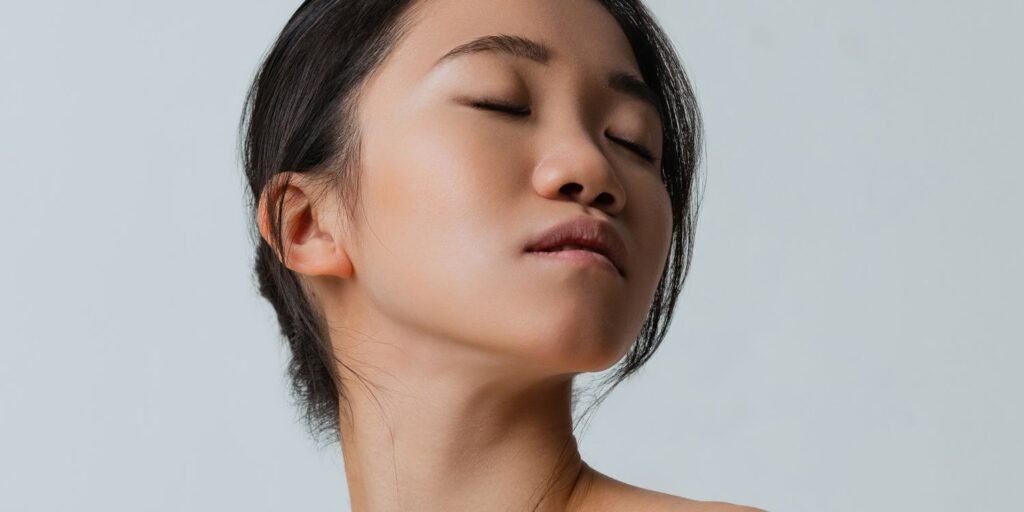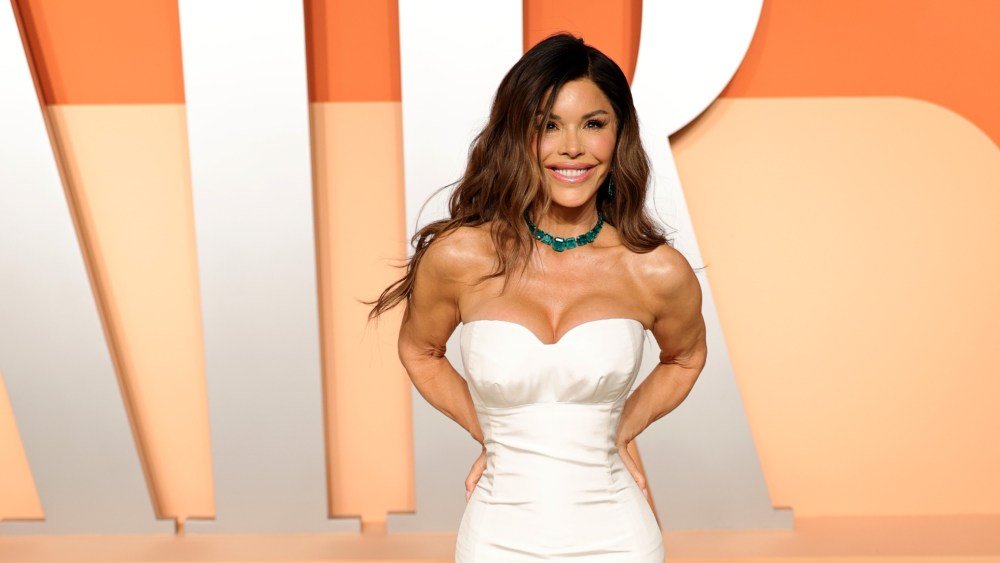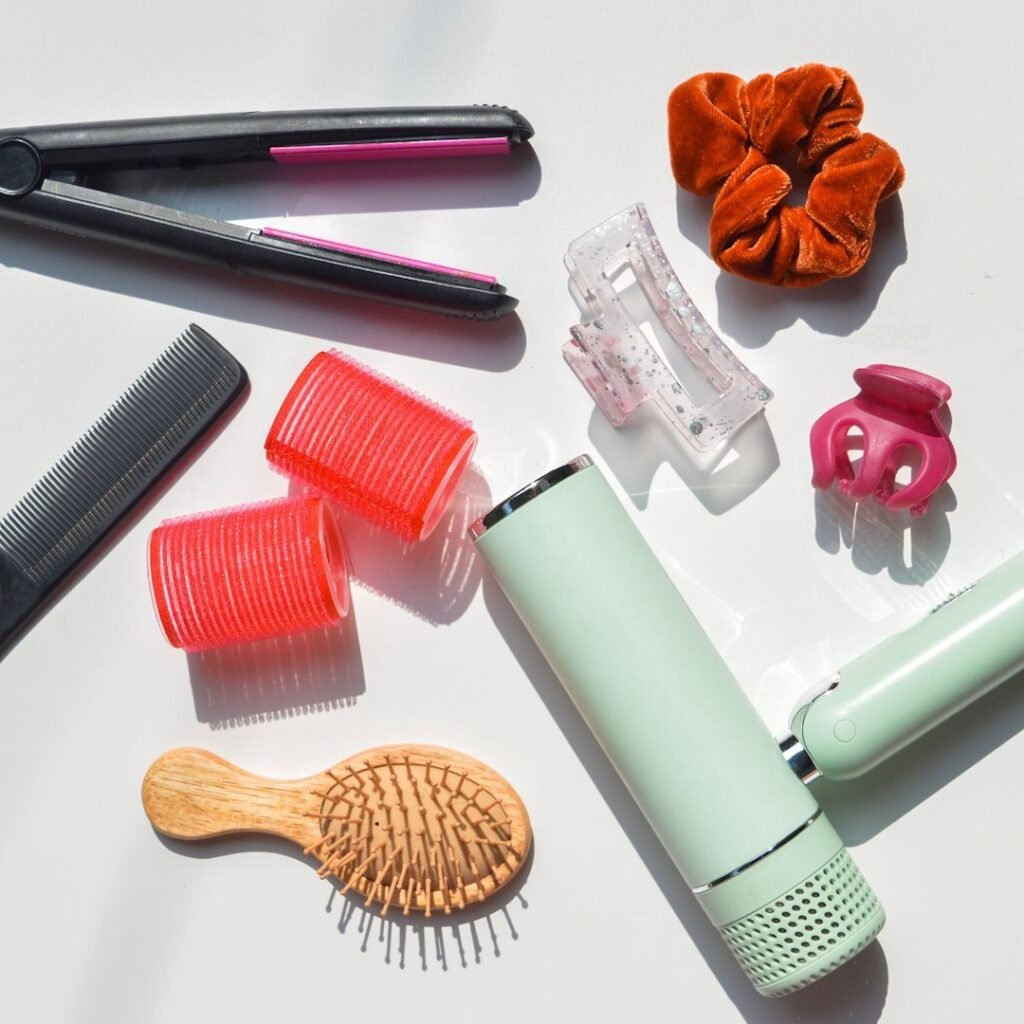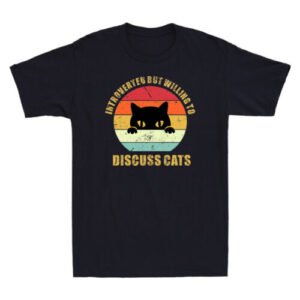Now Reading: L’Oréal CEO Touts AI-Powered Beauty Revolution
- 01
L’Oréal CEO Touts AI-Powered Beauty Revolution

- Home
- Beauty Connectz
- L’Oréal CEO Touts AI-Powered Beauty Revolution
L’Oréal CEO Touts AI-Powered Beauty Revolution
![]() internetconnectz.comBeauty Connectz4 hours ago10 Views
internetconnectz.comBeauty Connectz4 hours ago10 Views
L’Oréal Groupe is tapping artificial intelligence (AI) to redefine product innovation and consumer experiences — with human creativity remaining vital to the future of the industry.
CEO Nicolas Hieronimus said the French cosmetics and skin care giant aims to lead in “beauty tech,” during a speech at the recently held Viva Tech 2025 conference in Paris.
“New technologies like GenAI, agentic AI, are redefining what beauty means to consumers and how they experience it,” he said. “To meet the changing needs, we need to harness, unsurpassed, 16,000 terabytes of data that we have at L’Oréal, and priceless partnerships with the most innovative partners.”
L’Oréal is applying AI across multiple areas of its business. In researching skin health, the company is using technology to understand the biological root causes of aging at the cellular, molecular and tissue levels.
This work led to the development the Lancome Cell Bioprint, a diagnostic device that Hieronimus called “a small lab on a chip.” The device determines skin biological age and predicts potential skin issues “in just five minutes,” Hieronimus said.
AI is also central to how L’Oréal is reimagining personalized consumer engagement. Hieronimus highlighted the company’s agentic AI-powered beauty assistant, Beauty Genius, which provides tailored advice, hyper-personalized product recommendations and support.
Beauty Genius “is powered by agentic AI. It’s available 24/7 online and coming soon on WhatsApp,” he said. “It already racked up over 400,000 conversations.”
In eCommerce, the company launched Noli, an AI-powered multi-brand beauty shopping startup.
“It’s reinvented how people discover and shop beauty products,” Hieronimus said, noting that 85% of users shop with “more confidence” through the platform.
Such innovations should drive traffic to retailers with physical stores. According to a PYMNTS Intelligence report, shopping for beauty and health products is the top reason why consumers go into bricks-and-mortar stores rather than shopping online.
Nearly 37% of consumers made an in-person purchase in December. Across generations, health and beauty products were also the top purchase category across all product lines, the report said. The second-most popular category was clothing and accessories.
See here: Health and Beauty Products Draw Retail Shoppers Into Brick-and-Mortar Stores
AI’s Role in R&D
The company is also using AI to streamline internal operations and R&D. According to Hieronimus, L’Oréal’s research teams now rely on generative AI to screen molecules and formulate products more quickly.
“It has been a real game changer for our research team,” he said.
In addition, a GenAI-powered content lab supports the company’s marketing teams by creating tailored imagery for campaigns, eCommerce and social media.
Hieronimus noted that the future of the beauty industry lies in combining both human ingenuity and AI’s efficiency.
“We can recognize the incredible power of AI and its potential to amplify our creativity,” the CEO said. “But at the same time, we know that the collective intuition of our talented team … can further spark the fire of innovation and be a competitive advantage … That’s why I’m convinced that the future of beauty will need the best of tech and the best of human.”
Read more: Ulta Beauty’s AI Strategy Drives a 95% Customer Repurchase Rate
Read more: Google’s AI-Powered Shopping Tools Personalize Style and Beauty
Read more: ChatGPT Flexes Muscles in Unexpected Arena as Estée Lauder Beauty Consultant
-
 Introverted But Willing To Discuss Cats Distressed Introvert Retro Men's T-Shirt
Rated 4 out of 5by MichealGam
Introverted But Willing To Discuss Cats Distressed Introvert Retro Men's T-Shirt
Rated 4 out of 5by MichealGam -
 Introverted But Willing To Discuss Cats Distressed Introvert Retro Men's T-Shirt
Rated 1 out of 5by MichealGam
Introverted But Willing To Discuss Cats Distressed Introvert Retro Men's T-Shirt
Rated 1 out of 5by MichealGam -
 Introverted But Willing To Discuss Cats Distressed Introvert Retro Men's T-Shirt
Rated 3 out of 5by money casino
Introverted But Willing To Discuss Cats Distressed Introvert Retro Men's T-Shirt
Rated 3 out of 5by money casino
















